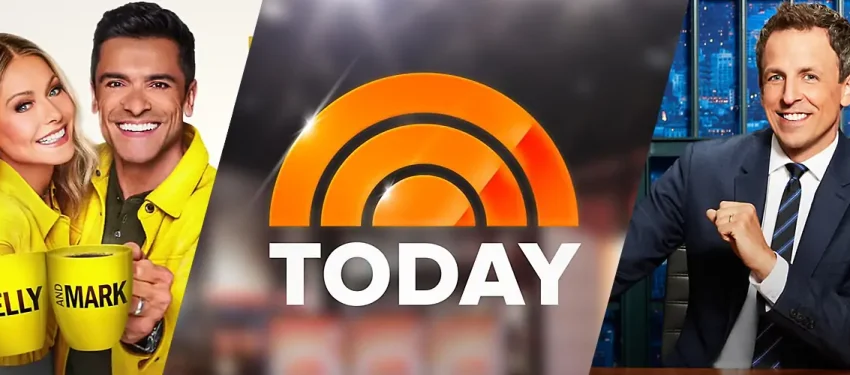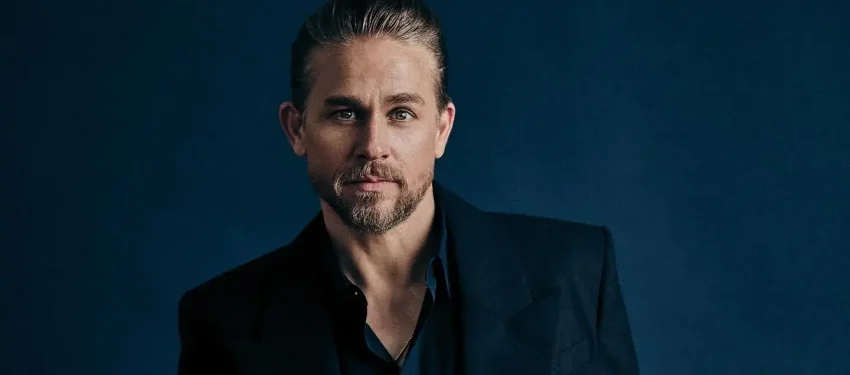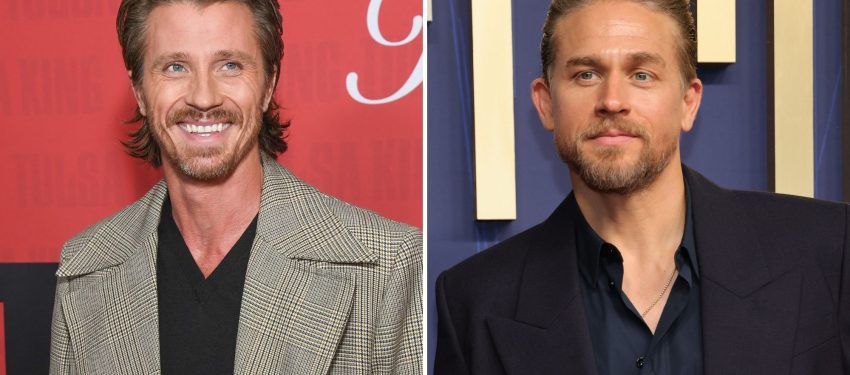To wrap up his day of press in New York, Charlie dropped by Late Night with Seth Myers on September 30th to promote 'Monster: The Ed Gein Story,'. He discussed his role as Ed Gein and shared some--hilarious--stories about...
While in New York to promote his new show, 'Monster: The Ed Gein Story,' Charlie stopped by LIVE with Kelly and Mark on September 30th, to discuss his chilling role as serial killer Ed Gein. You can expect high-quality...
Promoting his new series, 'Monster: The Ed Gein Story,' Charlie was a guest on NBC's The TODAY Show on September 30th, just days before the October 3rd Netflix premiere. High-quality screen captures will be added to the gallery soon,...
Variety.com -- In “Monster: The Ed Gein Story,” you see the titular serial killer long before you hear him. Silently, Ed Gein — whose on-screen avatars have haunted American pop culture since his pattern of murder and grave-robbing became...
Ed Gein inspired fictional killers like Norman Bates and Leatherface. In Ryan Murphy’s latest series, Charlie Hunnam seeks the man behind the dead-skin mask. NYTimes.com -- When the writer and producer Ryan Murphy was 8, his parents left him...
On September 29th, Charlie attended the 'The Ed Gein Story' Tastemaker Dinner, hosted by Netflix and Evan Ross Katz. Charlie was in New York to promote the third season of the Monster series, 'Monster: The Ed Gein Story,' which...
It's going to be a big day for fans! You'll definitely want to set your DVRs for Tuesday, September 30th, as Charlie will be making the rounds in New York to promote Monster: The Ed Gein Story. The schedule...
Photographer Leigh Keily shared stunning photos of Charlie modeling his look from the 77th Annual Primetime Emmy Awards on September 14th. I thought his outfit for the event was wonderful! Photo Sessions > Session #103
USMagazine.com -- Garrett Hedlund is gearing up for friend Charlie Hunnam’s performance in Monster: The Ed Gein Story — just like Us. “I can’t wait to see it. I know he put a lot of work into it,” Hedlund,...



















